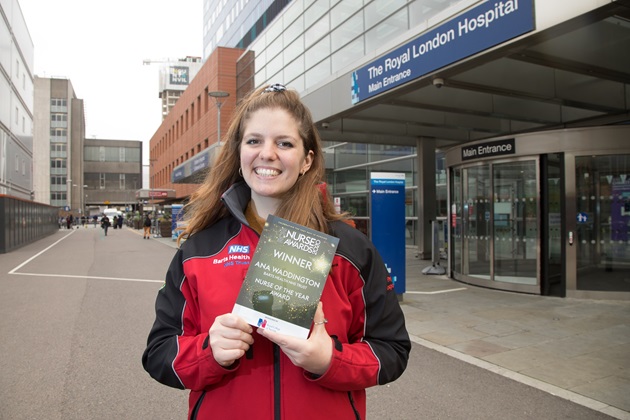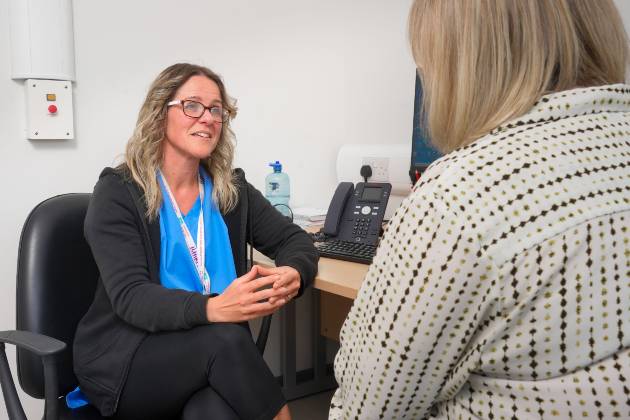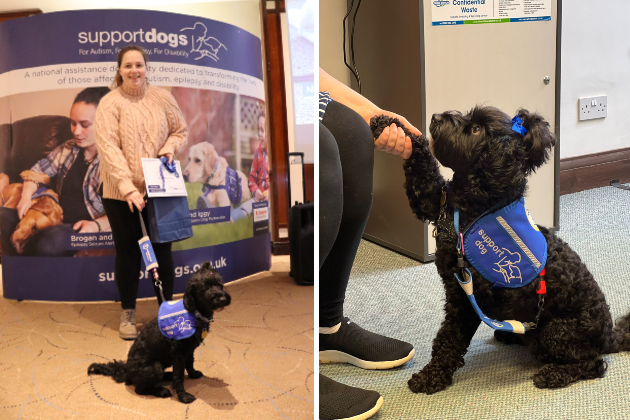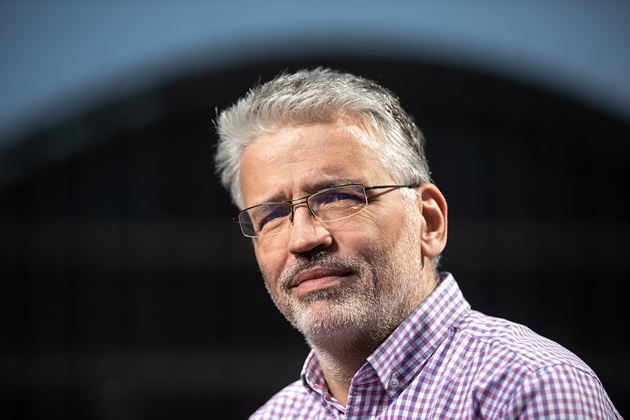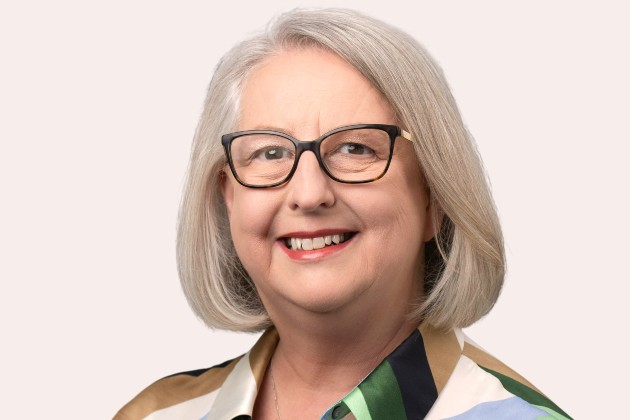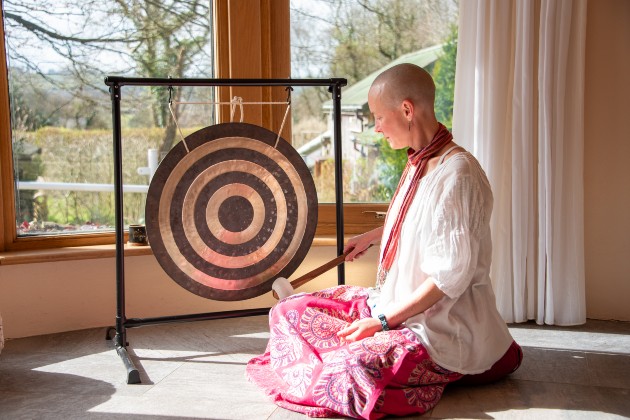Supporting young people at risk of serious violence has helped health care professionals overcome compassion fatigue, says RCN Nurse of the Year Ana Waddington, who set up a project to teach lifesaving skills
Witnessing a young man die after he was injured in a knife attack was a turning point for nurse Ana Waddington.
“He was rushed to theatre but unfortunately they couldn’t save him,” she recalls. “Had his friends only known they needed to put pressure on the wound, rather than get him up walking, there was a chance he could have survived. It’s such an easy skill to teach.”
The traumatic event inspired her to set up an organisation called YourStance, which teaches young people basic lifesaving skills and haemorrhage control. “We see a lot of young people coming through our doors who are affected by serious youth violence,” says Ana, who is a sister at the Royal London’s emergency department, where she provides care to both children and adults. “I felt frustrated by my inability to support them in any way other than through emergency care. I wanted to do something different.”
Now her innovative work has been recognised with the RCN Nurse of the Year award, announced in October. “It doesn’t feel real, but it’s wonderful,” says Ana. “I hope it inspires other people to do something because I never thought this project could become what it has. I also hope it gives me a platform to talk about the issue and get it onto people’s agendas.”
I fell in love with emergency nursing
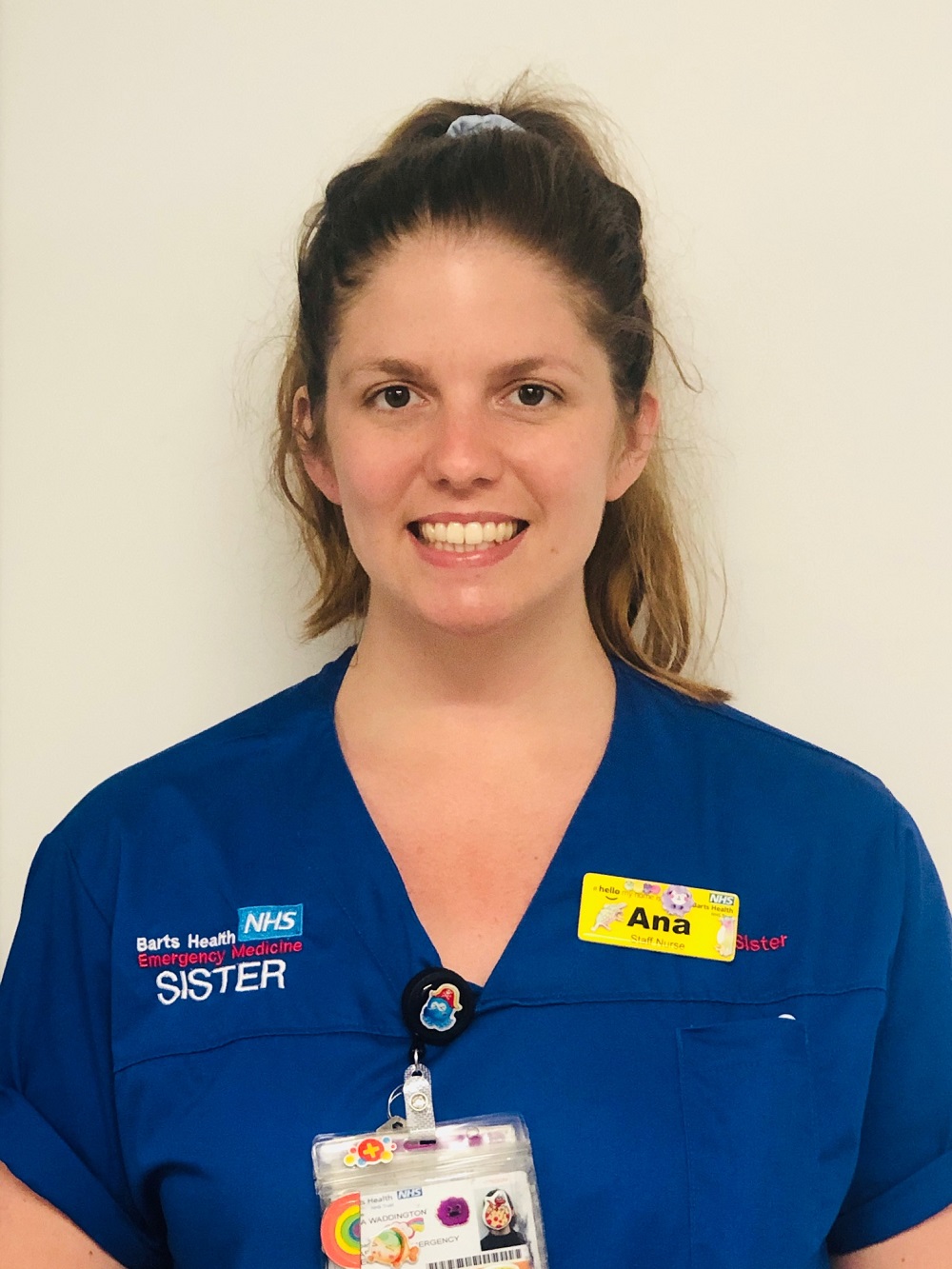
Although her mother is an emergency nurse, following in her footsteps wasn’t Ana’s first choice of career. After studying the history and politics of the Middle East at London’s School of Oriental and African Studies (SOAS), she worked for the United Nations and various charities, including the Teenage Cancer Trust, before making her decision after volunteering at a refugee camp. “I realised I liked the medical element of aid work and felt I was more practical,” says Ana.
Qualifying at City University in 2015, she joined the Royal London’s emergency team a year later. “I fell in love with emergency nursing,” says Ana. “I love the breadth of diagnoses and the patients we deal with, helping them at their most vulnerable. No two days are ever the same.”
Set up just two years ago, her charity, YourStance, now has around 150 volunteers who are involved in teaching young people all over East London and in various different settings, including prisons, young offenders’ institutions, pupil referral units, probation programmes and youth hubs. “It’s grown really rapidly,” says Ana, who is currently halfway through a six-month secondment to the hospital’s physician’s response unit, which brings emergency care to the patient, helping to improve experiences and outcomes.
The training’s overwhelmingly positive impact isn’t just confined to the young people who participate. “It’s important for the volunteers too,” says Ana. They come from a mix of backgrounds but are primarily based within health care.
We know of at least one young person who was able to use the techniques we taught them until the ambulance arrived
“Everyone who has helped put on a session says they are so grateful to be able to talk to young people in a different setting,” she says. “Many young people are very open to talking about their history - and those are the kinds of conversations you want to have, but often don’t have the time or are too scared to ask the questions. But when you’re in these sessions, the barriers just fall down.”
While the pandemic continues to stifle opportunities to gather face-to-face, their Zero Responder course is currently being delivered virtually. So-called because the person is there before the first responder arrives, the one-to-two-hour-long training emphasises how important this role is in saving someone’s life, teaching practical skills such as basic life support and CPR.
“We’ve not had one young person not like the session,” says Ana. “They’ve all been really engaged and got involved in some way by the end of it.” The training is also being applied successfully in practice, making a tangible difference to young people’s lives. “We know of at least one young person who was able to use the techniques we taught them until the ambulance arrived,” she says.
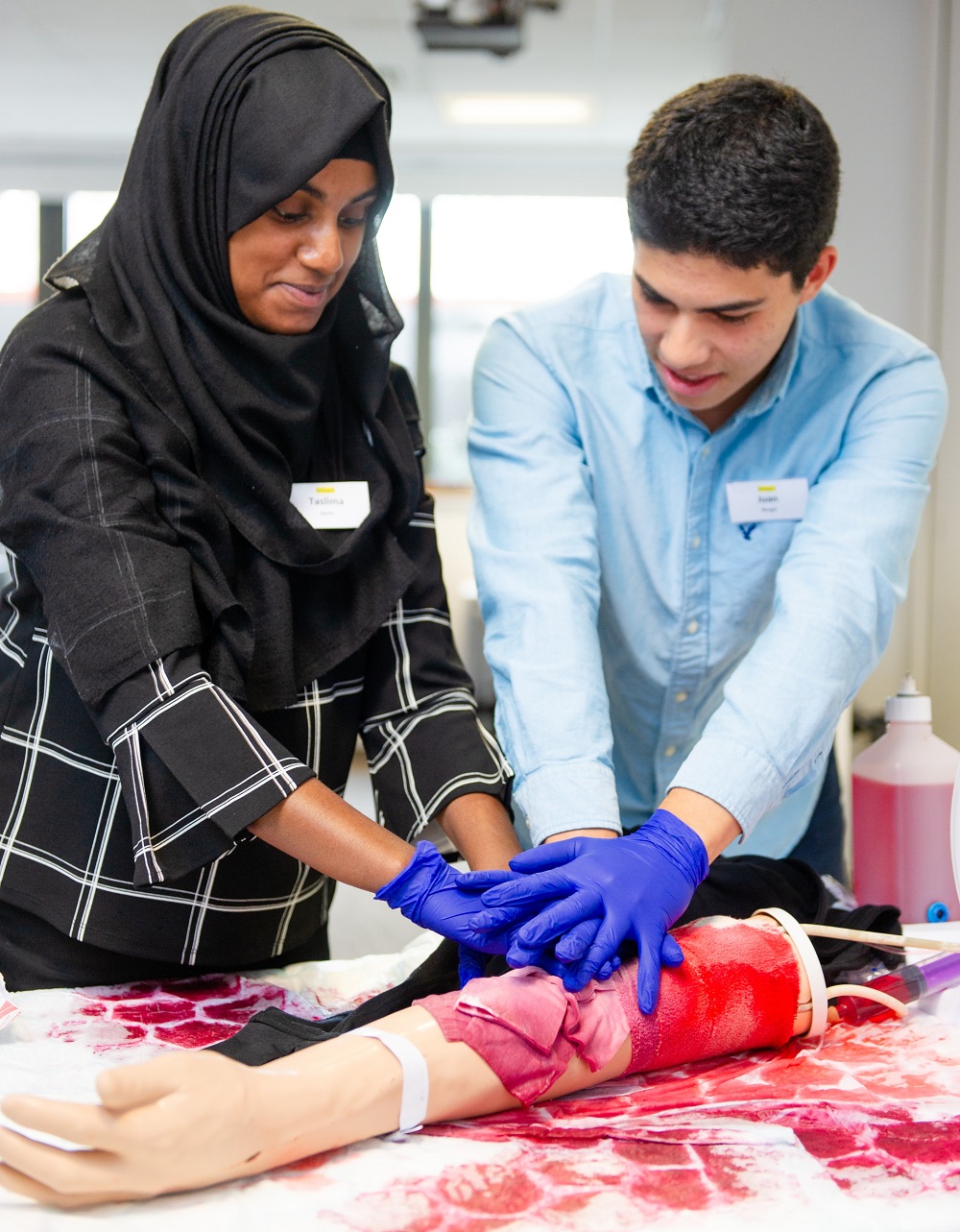
An unexpected bonus is the chance to inspire the next generation of health care professionals. “We’re reaching young people who may not have ever considered a future career in the NHS,” says Ana. “We’ve already had someone enquire about becoming a paramedic, something they’d never considered an option beforehand, as they didn’t even know that role existed. It’s really rewarding for us to hear those conversations.”
An approach that avoids judgement, while encouraging empathy and understanding is vital, she believes. “We’re not there to tell them what they can and can’t do,” says Ana. “We’re teaching them something we’re good at doing and they can teach us something they’re good at. It’s bridging the gap. There is something very valuable about health care workers seeing why young people find themselves in these circumstances. It breaks down compassion fatigue and is re-engaging them in how to treat this particular patient group.”
Looking ahead, she would like to see her project replicated throughout the country. “It’s an easy model and it really does connect health care workers to their communities, especially the young people,” she says.


